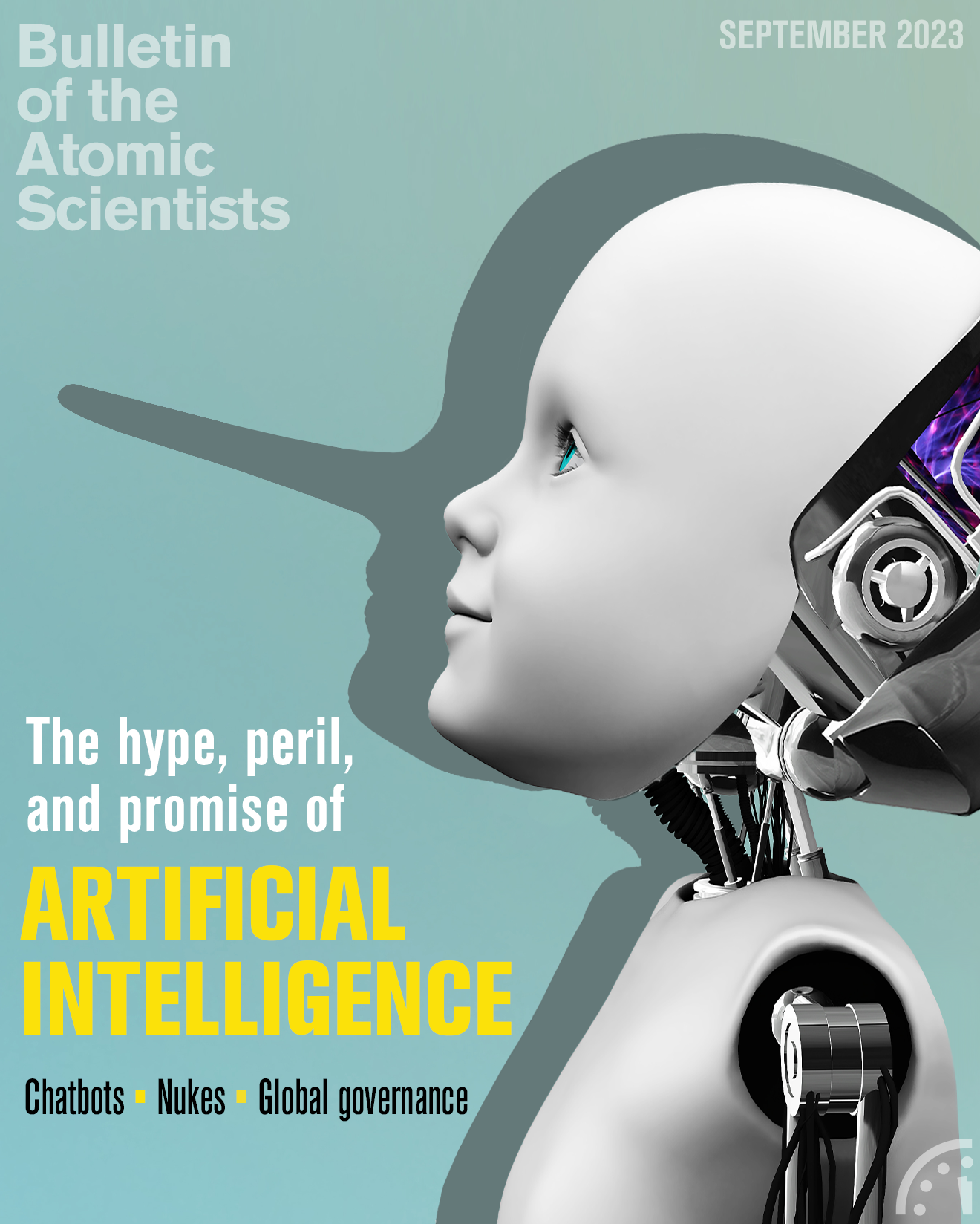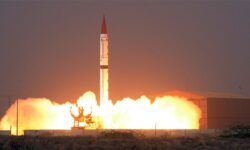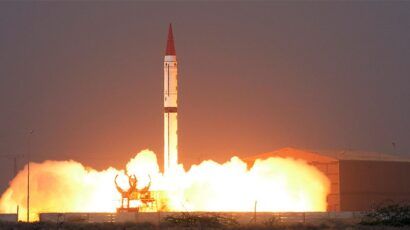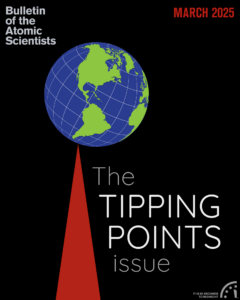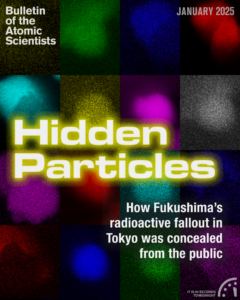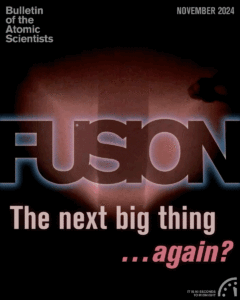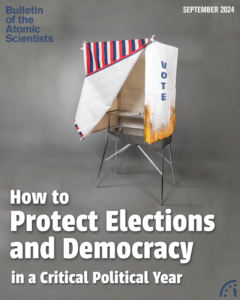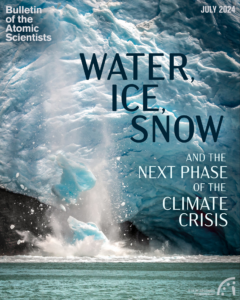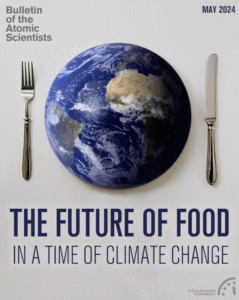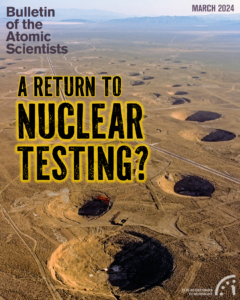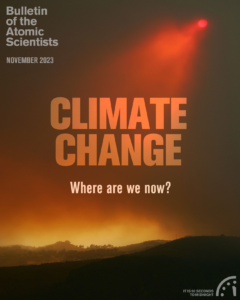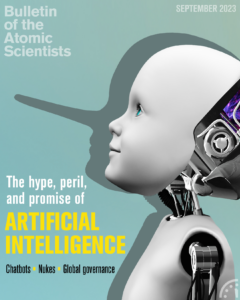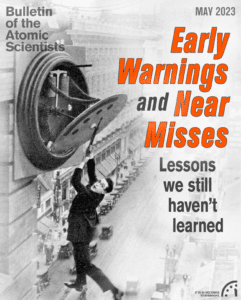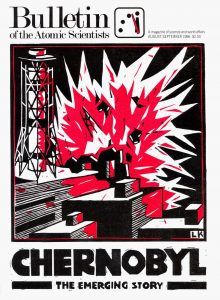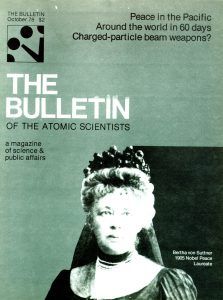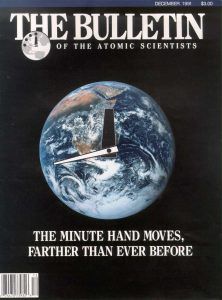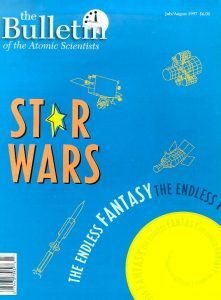DIGITAL MAGAZINE
September 2023
DIGITAL MAGAZINE
September 2023
Design by Thomas Gaulkin
Introduction: The Hype, Peril, and Promise of Artificial Intelligence
Interview: Emerging military technology expert Paul Scharre on global power dynamics in the AI age
If you worry about humanity, you should be more scared of humans than of AI
Popping the chatbot hype balloon
Will AI make us crazy?
A reality check and a way forward for the global governance of artificial intelligence
AI and atoms: How artificial intelligence is revolutionizing nuclear material
Pakistan nuclear weapons, 2023
Interview: Emerging military technology expert Paul Scharre on global power dynamics in the AI age
If you worry about humanity, you should be more scared of humans than of AI
Popping the chatbot hype balloon
Will AI make us crazy?
A reality check and a way forward for the global governance of artificial intelligence
AI and atoms: How artificial intelligence is revolutionizing nuclear material
Pakistan nuclear weapons, 2023
Design by Thomas Gaulkin
Subscribe now
We've relaunched the Bulletin's award-winning digital magazine. Get access to every issue and our archive going back to 1945.
Magazine archive
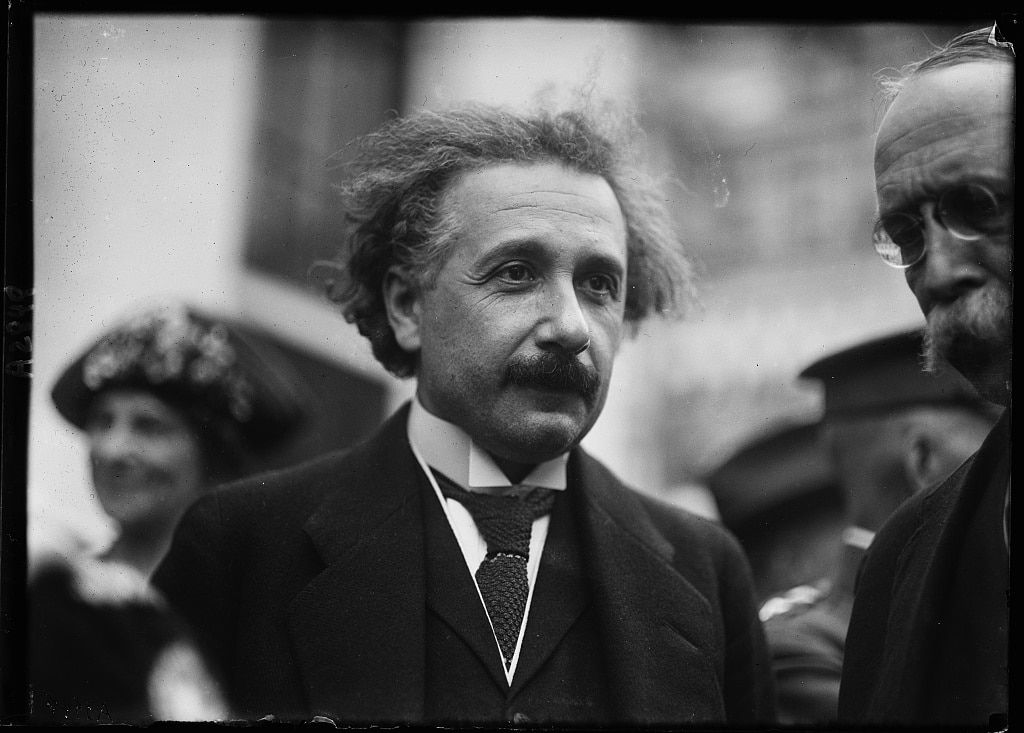
Premium subscribers can read the complete Bulletin of the Atomic Scientists’ archive, which contains every article published since our founding in 1945.
This archive was created in honor of John A. Simpson, one of the Bulletin’s principal founders and a longtime member of its Board of Sponsors. This searchable archive provides exclusive online access to original interviews and commentary by luminaries like Albert Einstein, J. Robert Oppenheimer, Ruth Adams, John F. Kennedy, Stephen Hawking, Christine Todd Whitman, US Secretary of Defense William J. Perry, and multiple Nobel laureates.
